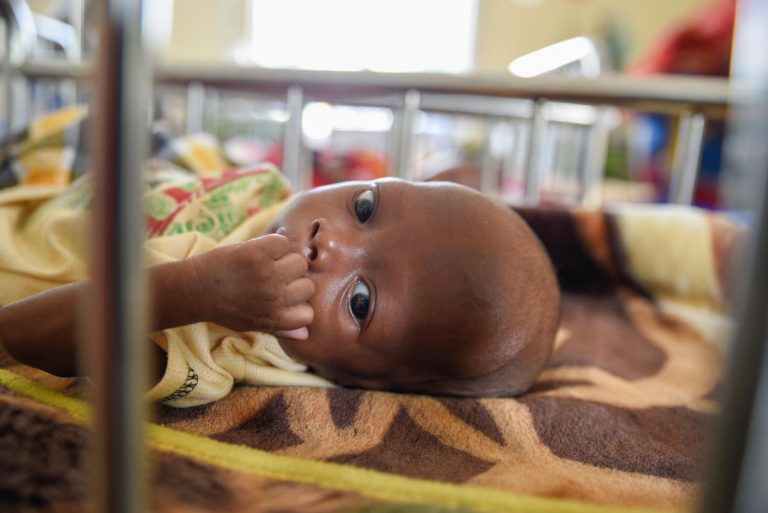March 3, 2019 marks the fifth annual World Birth Defects Day. More than 150 organizations, including March of Dimes, are officially joining the movement to raise awareness and action for more surveillance, prevention, research, and care for babies and children affected by birth defects. Among them are many parent organizations from all continents.
Every year, an estimated 8 million babies worldwide are born with a serious birth defect and more than 90 percent of these babies are in low-and middle-income countries. The true global prevalence of birth defects is unknown due to a lack of national and regional birth defects surveillance systems. We do know, however, that the birth defects are common and pose significant financial difficulties for families and societies. Birth defects are a major cause of child mortality, accounting for a global average of 9 percent of deaths among children under age 5, half of these deaths in the neonatal period. Those who survive with birth defects may face a lifetime of physical or mental disabilities. These children need access to appropriate healthcare services, including surgical interventions and rehabilitation to reach their fullest potential.
Worldwide, all countries and populations are affected by birth defects, but the toll is particularly harsh in low- and middle-income countries. If we are to meet the United Nations’ Sustainable Development Goal target to end preventable deaths of newborns and children, we must first take actions to prevent birth defects and then to reduce mortality due to birth defects. Further, the World Health Organization’s Universal Health Coverage goals can be realized fully only by ensuring access to essential care and treatment for all children, including those born with a birth defect.
Many birth defects can be prevented. National policies requiring food fortification with folic acid is one of the most powerful ways to prevent serious birth defects of the brain and spine known as neural tube defects (NTDs). Improving the health of women and girls before pregnancy is also key. Preconception care can be provided in primary health care centers to help women be healthy and have planned pregnancies. Women can also be empowered with health information so that they can be healthy before, during, and after pregnancy. There are things women can do to help increase their chances of having a healthy, full-term pregnancy and a healthy baby.
All nations must do more to improve survival and the quality of life for individuals affected by birth defects. Access to newborn screening and surgical care are some examples. Beyond the statistics, there are many personal stories of missed opportunities for prevention and treatment. These include lack of access, poor systems or limited education of healthcare workers, as well as stigma and exclusion.
Sarah Wilkerson is a mom in Colorado, USA, and a rare disease warrior. Here’s her story: “My son Noah was born with a rare genetic disorder called MCADD (medium-chain acyl-CoA dehydrogenase deficiency) in 2009. He was born on a Friday, and the state lab responsible for running Noah’s newborn screening test that would identify his MCADD was closed for the weekend, leaving his life-saving test sample untouched. Those were days he didn’t have to spare — and a day before his test results were turned around, Noah died. Since then, I have worked tirelessly to speed up newborn screening testing, and my work helped influence a change in U.S. federal law to that effect in 2014. My heart goes out to families in low- to middle-income countries where newborn screening is not even available at all.”
Everyone can get involved in raising awareness. Please observe 2019 World Birth Defects Day by participating in social media activities and share a story or picture about the impact of birth defects on you and your family. Join @modhealthtalk and @nacersano for the Global Twitter chat for World Birth Defects Day on Friday, March 1, at 11:00 AM Eastern Time. #WorldBDDay #ManyBirthDefects1Voice
Find out more at http://www.worldbirthdefectsday.org/

